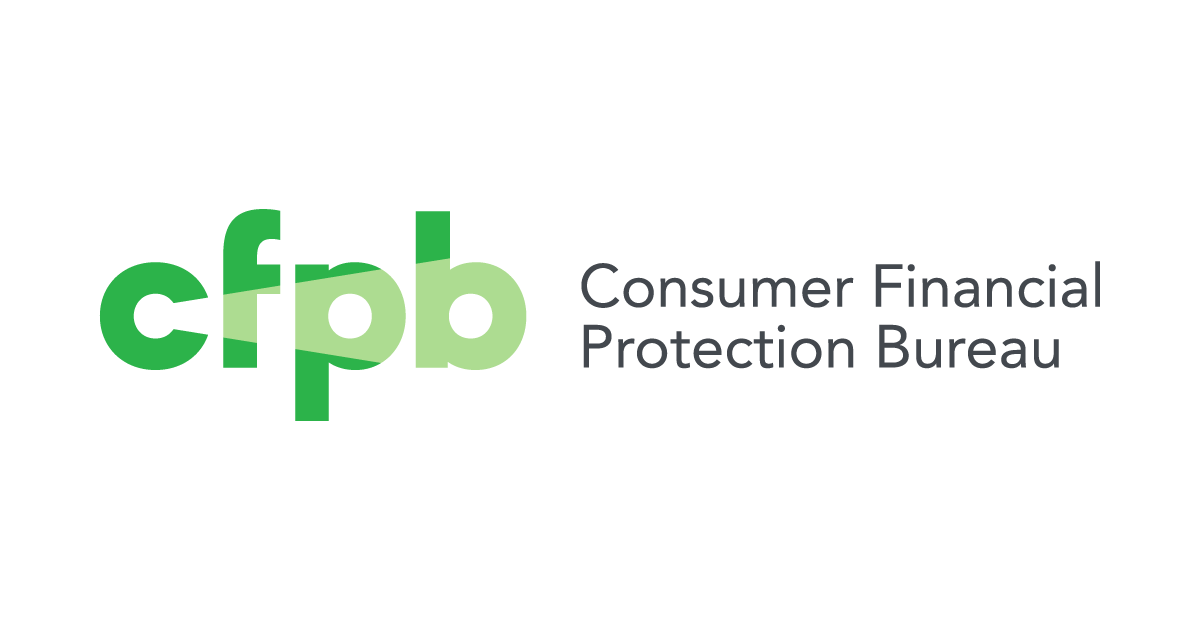 Update 10/9/2017:
Update 10/9/2017:
Prosperity Indiana's policy team joined faith-based, veterans and consumer advocates as well as a former payday lending client for a press call on the release of the new CFPB rule. Representatives spoke in favor of the rule, but noted that the CFPB did not have the authority to change the cost of payday loans. They called on Indiana lawmakers to take further action to lower the interest rate.
10/6/2017: On October 5, 2017 the Consumer Financial Protection Bureau (CFPB) announced a finalized new rule aimed at reducing predatory lending through regulations that protect consumers from payday debt traps. The CFPB came to its decision after five years of research and outreach to organizations across the country. The rule was first proposed in June of 2016 and Prosperity Indiana subsequently submitted comments to the CFPB after receiving feedback from state and national partners.
The new rule seeks to put in place protections that cover payday, auto title, and balloon pay-day loans. These loans are typically for two to four weeks, and endanger the financial well-being of consumers because of their high interest rates and tendency to be lent to individuals who are not able to pay back the loan in the allotted time. Prosperity Indiana commented in 2016 that:
“Payday lenders already charge Hoosiers rates as high as 382% on a $300, two-week loan. This is especially problematic for low-income households, amongst whom these loans have become pervasive in their use in Indiana. Nationally, the payday lending usage rate is 5.5%, compared to Indiana, which has a significantly higher usage rate of 9%.”
The rule issued by the CFPB includes the following provisions:
Full - payment test: Requirement that lenders must determine if the consumer can afford the loan. Prosperity Indiana commented in 2016 that the full-payment test is the most crucial component of the rule, especially the cooling-off period. The new rule will cap the amount of subsequent loans at 3. Prosperity Indiana previously noted that over 80% of payday loans are followed by repeat loans, and 15% of payday loans are a part of a sequence of loans that is at least ten loans long.
Principal payoff option for short term loans: Allows consumers to take out a loan of up to $500 without the full payment test if the loan allows the borrower to get out of debt in a more efficient way. Debt traps are prevented under this provision by not allowing loans to be distributed to borrowers with outstanding recent short-term loans or balloon payment-loans. The cooling off period still applies.
Debit attempt cutoff: Prosperity Indiana commented in 2016 that withdrawal limits and notification requirements are essential to protect consumers. A debit cutoff will be implemented for loans with an annual percentage rate of over 36 percent. Lenders must give consumers notice before making a debit attempt at an irregular interval or amount after two unsuccessful attempts. This provision will protect consumers from unanticipated payments, or fees incurred from returned payments for insufficient funds.
The new CFPB rule will take effect 21 months after it is published in the Federal Register. Although the current rule does not address all of Prosperity Indiana’s concerns, it is a step in the right direction which will mitigate the burden that predatory loans have on Hoosiers, including the reduction of the $70.6 million in interest payments on payday lending spent in 2011 alone.
If you are interested in viewing Prosperity Indiana’s comments on the then proposed CFPB rule in 2016 please visit: http://iaced.sitepotion.com/2016/10/iaced-submits-comments-on-cfpb-proposed-payday-lending-rule, and https://www.consumerfinance.gov/about-us/newsroom/cfpb-finalizes-rule-stop-payday-debt-traps/ to view the CFPB’s ruling.

